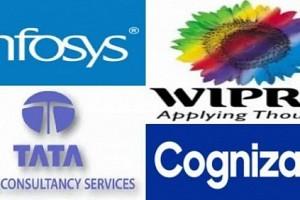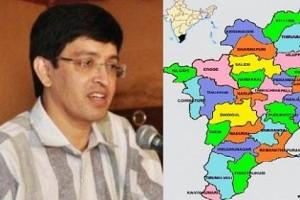Recently, the President of United States, Donald Trump suspended the entry of foreign workers into US despite strong opposition from businesses which includes major tech companies.

According to the White House the order has come into effect in order to secure jobs for Americans and will last till the end of 2020.
WHICH ARE THE VISA CATEGORIES THAT ARE BLOCKED?
1- H-1B visas for skilled employees (workers), the category often used by the tech industry.
2- visa for executives, managers as well as specialized workers being transferred within a company, L Visas.
3- H-2B visas for seasonal workers, most of the visas in this category are in the landscaping business.
4-Visa used for cultural Exchange that is J visas. This visa is widely used by interns, trainees, teachers, camp counselors and people participating in a summer work travel program
5- Family members who would accompany workers on such visas are also suspended from doing so.
DOES THE TEMPORARY BAN APPLY TO EXISTING VISA HOLDERS?
Foreign workers who are already working in the United States and holders of a valid visa will not be affected by this move. It is not applicable for People outside the US who have valid visas and travel documents.
As per media reports, this proclamation will not prevent a visa holder in US from extending the duration or changing their visa type. However, it is not clear whether people outside the US who hold these kinds of visas will be allowed to renew visas and travel documents.
WHAT ARE THE OTHER EXEMPTIONS?
1- Spouses and children of US citizens are included in the proclamation
2- Foreign workers in the food supply industries are going to be exempted.
3- The order will permit the entry of foreign workers whose admission is deemed to be “in the national interest.”
4- The order will also exempt medical workers who are working on research into novel coronavirus and involved in COVID19 Healthcare operations.
HOW MANY PEOPLE WILL BE BLOCKED DUE TO THE ORDER?
“The Washington-based Migration Policy Institute estimates that 167,000 workers and their dependents would be blocked between July 1 and Dec. 31, including 72,000 with J-1 visas and 29,000 with H-1B visas,” Moneycontrol reported.
WHICH COUNTRIES ARE GOING TO BE AFFECTED THE MOST?
Most of the H-1B visa holders who are going to be affected by the move are either from India or China.
According to US Citizenship and Immigration Services data, Indians contributed to up to 72 percent of the approximately 388,000 H-1B visa petitions approved in fiscal year 2019, which began on Oct. 1, 2018. Chinese applicants contributed 13 percent of the total.
WHAT ARE THE WORK VISAS THAT ARE EXEMPTED?
H-2A visas for agricultural works is one of the most notable visa categories that has been exempted from the order. It also does not affect O visas for people of "extraordinary ability or achievement."





